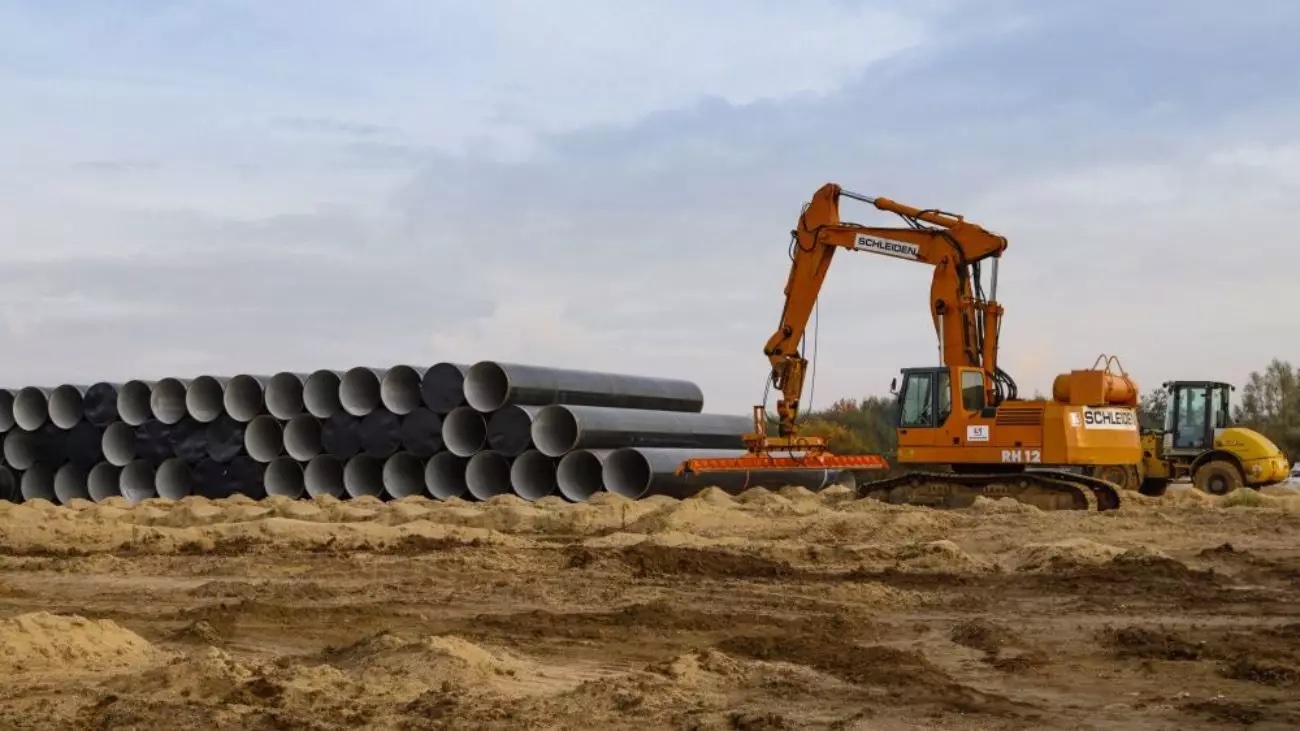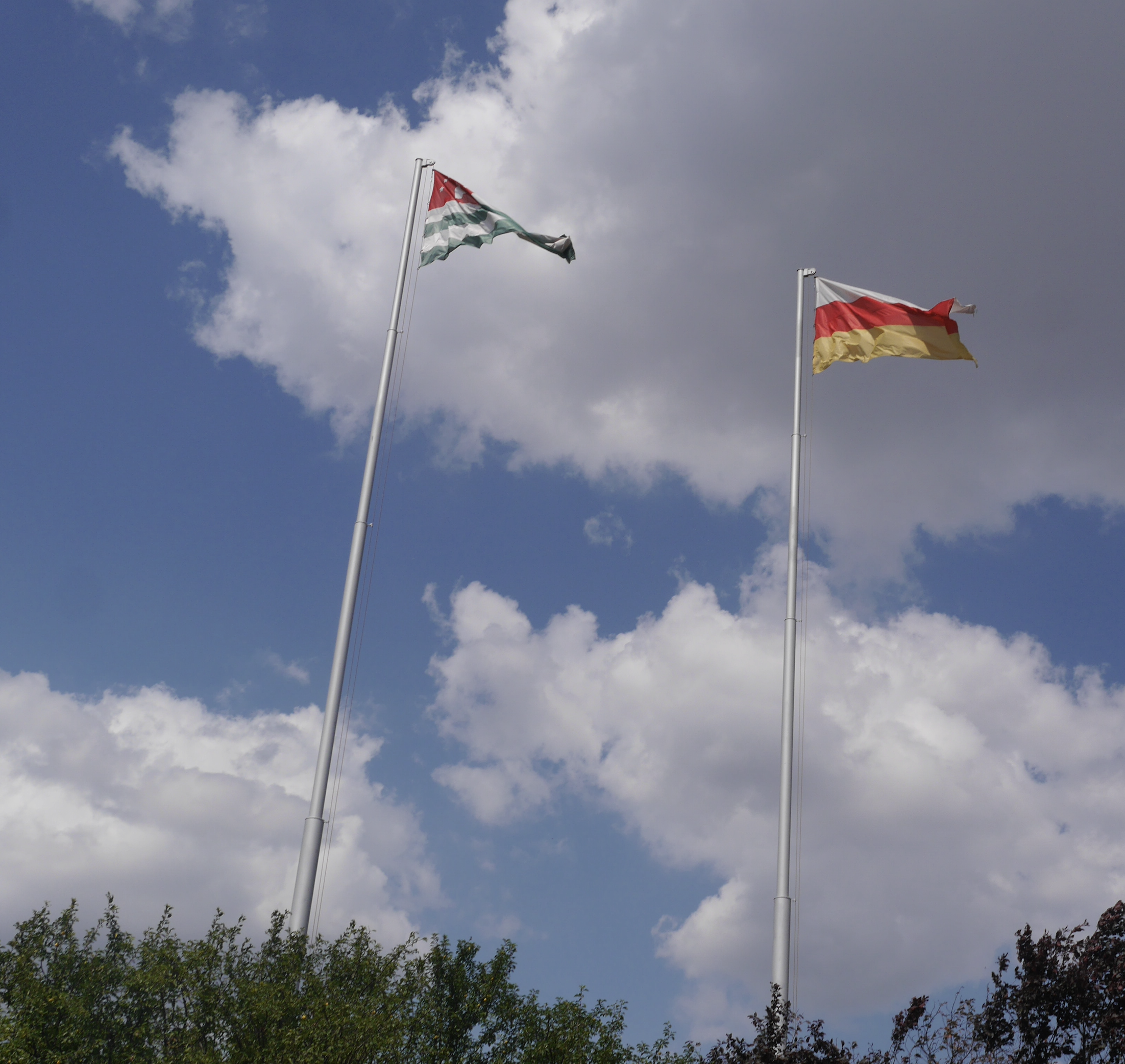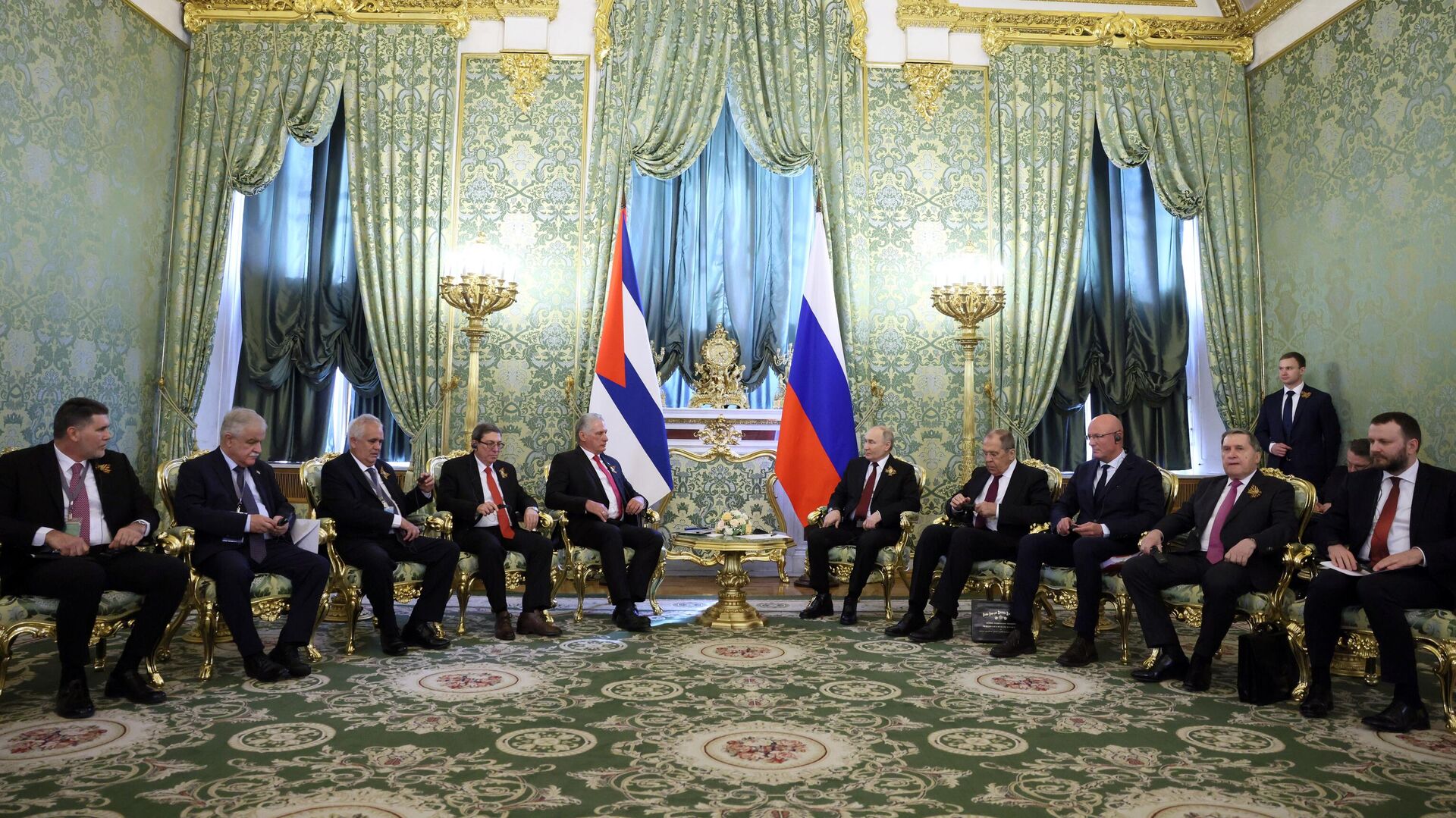
Nord Stream Two Construction Completed, but Gas Flows Unlikely in 2021
Nord Stream Two Construction Completed, but Gas Flows Unlikely in 2021
On September 10, the project company Nord Stream 2 AG informed that the last weld has been finished, making the Nord Stream Two natural gas pipeline fully complete from a technical perspective (Nord-stream2.com, September 10). At the same time, speculation in the media began to circulate that Russian gas flows through this just-build infrastructure could start as early as October 1 (Deutsche Welle—Polish service, September 10). In truth, however, both strings of the pipeline still have to be legally certified and commissioned, and their owner—Nord Stream 2 AG—has to be granted a gas transmission operator status by the German state regulator. Effectively, this means that it is still far too early to speculate about when and under what conditions Nord Stream Two operations will begin.
First, each of Nord Stream Two’s twin strings has to be inspected with relation to possible leaks before the pipeline can be finally certified (to verify that it has, indeed, been laid according to proper standards) and commissioned. The inspection campaign (so-called “dry pre-commissioning,” using compressed air to test the integrity of the pipeline) has already begun on Line B back in June (Nord-Stream2.com, June 10), and it is about to start now on Line A (Nord-stream2.com, September 10). Heretofore, there was no official information coming from the Russian side on how the pre-commissioning is actually progressing, but it can be assumed that the process has continued to move forward. It can be deduced that the Russians probably managed to fill the gap after Baker Hughes (which had been initially chosen to execute the pre-commissioning) left the project due to the risk posed by United States sanctions (Offshore Energy, February 25); however, it is still unknown what impact it could have in terms of possible delays.
Second, when the pipeline strings are pre-commissioned, Nord Stream 2 AG will have to ultimately secure technical certification—believed to be the trickiest task in the light of the current US sanctions regime. According to the amended Protecting Europe’s Energy Security Act (PEESA), providing “services for the testing, inspection, or certification necessary or essential for the completion or operation of the Nord Stream 2 pipeline” is sanctionable (State.gov, April 9). The proper Nord Stream Two certifier—global classification society DNV—withdrew from the project in January 2021 (Spglobal.com, January 4); and since then, the Russians have not revealed how they actually plan to fulfill the requirements in that regard. The certification has to be performed by a well-recognized, independent third-party company, so that it will be accepted by the relevant authorities (including inter alia the Danish Energy Agency). Thus, it should not be executed by, for instance, one of the murky Russian “special purpose” companies or any freelance specialists hired by Gazprom, as the German paper Handelsblatt speculated some time ago (Handelsblatt, July 11).
Third, apart from the solely technical issues, Nord Stream 2 AG still has to be granted gas transmission operator status. The relevant procedure is being conducted in Germany by the regulatory authority Bundesnetzagentur (BNetzA), and it is expected to last quite a long time. On September 13, BNetzA officially started reviewing the Nord Stream 2 AG documentation, and it has four months to prepare a draft decision (Bundesnetzagentur.de, September 13). After this, the draft decision will have to be reviewed by the European Commission, which can take an additional two–four months; only then can BnetzA finally certify Nord Stream 2 AG, if it meets inter alia the European Union’s unbundling criteria, in line with the amended EU Gas Directive (Argusmedia.com, September 13). Moreover, it cannot be ruled out that the process could become more complicated due to possible legal appeals filed or if the Polish gas company PGNiG is accepted to join the certification proceedings (the company applied for that role back in August) (Pgnig.pl, August 2).
Given all these factors, any Russian gas flows through Nord Stream Two before the end of this year are highly questionable, despite recent statements to the contrary coming from Nord Stream 2 AG (TASS, September 10). Moreover, it should be assumed that the Russians will have to deal with additional regulatory requirements that will limit the pipeline capacity Gazprom will effectively be allowed to use in the future (due to the EU’s restrictive third-party access rule). Of course, it has to be assumed that the Russian side will try to exert pressure on the authorities in Europe, taking advantage of the context of the looming gas crisis in the EU this winter (see EDM, July 21, August 11). However, for the moment, it does not seem that it will easily succeed in this regard.


